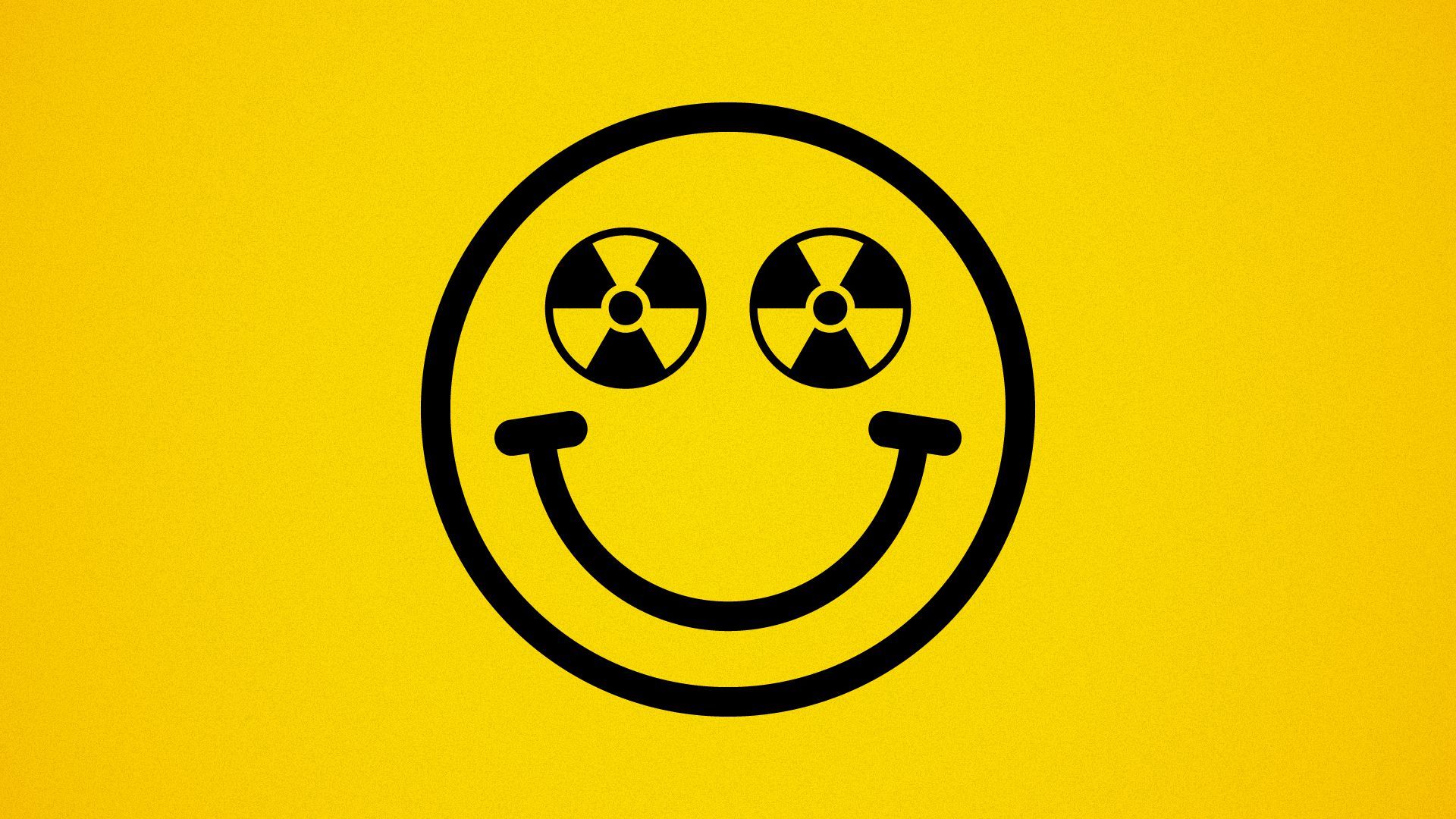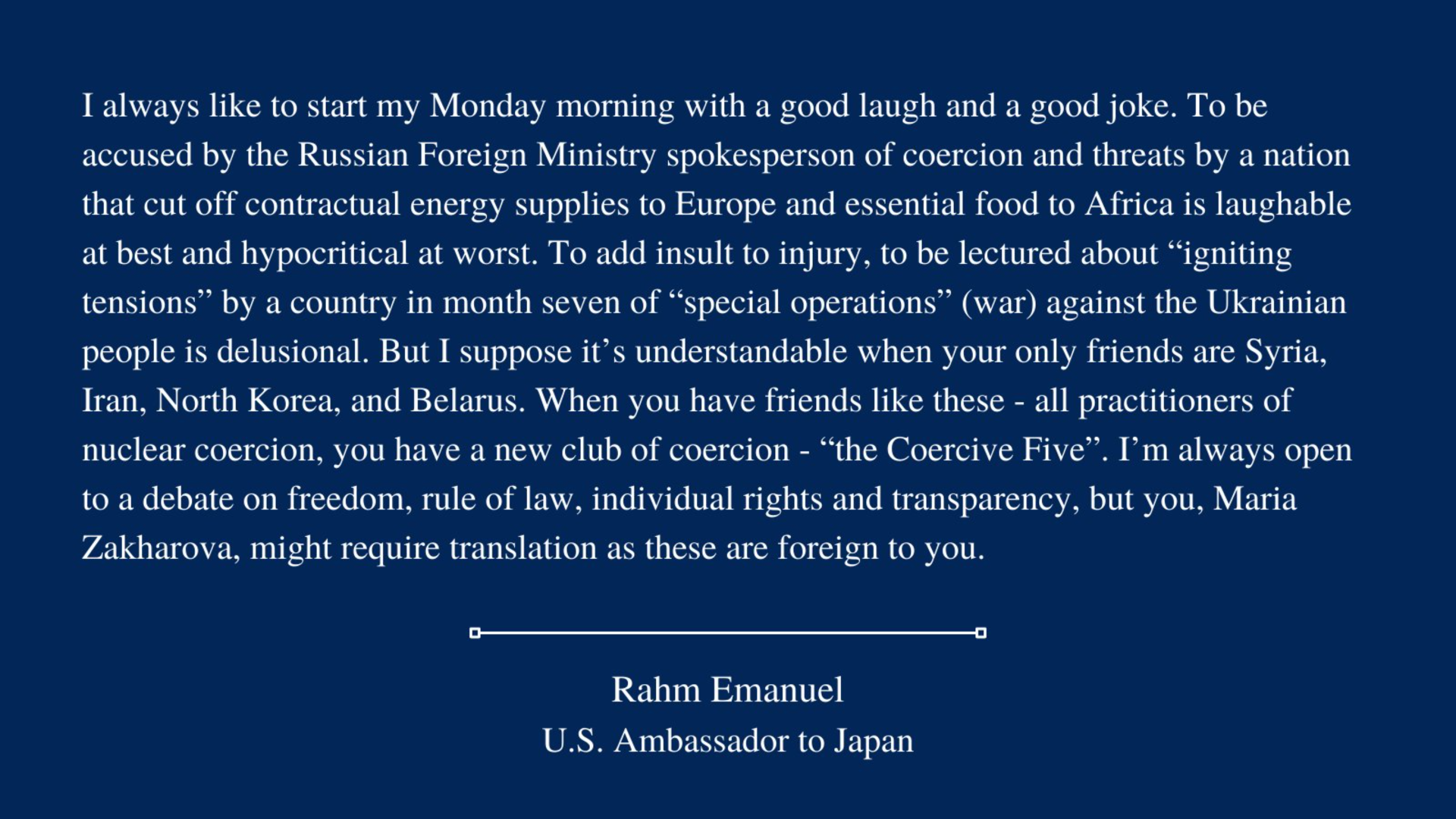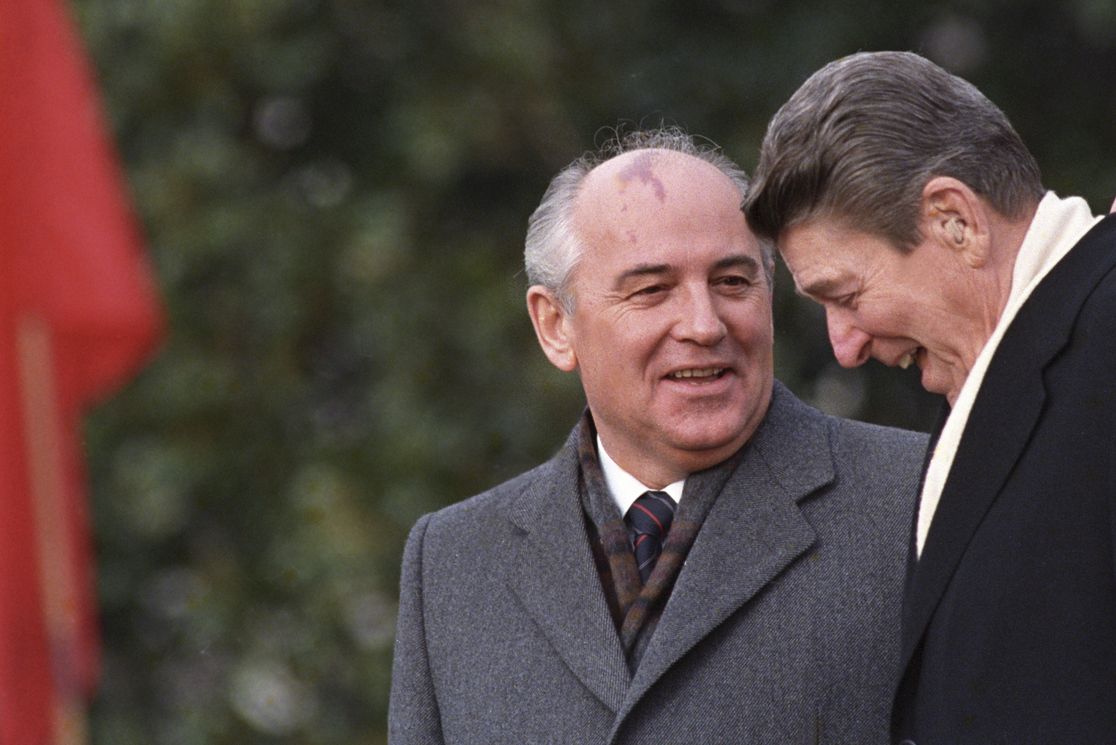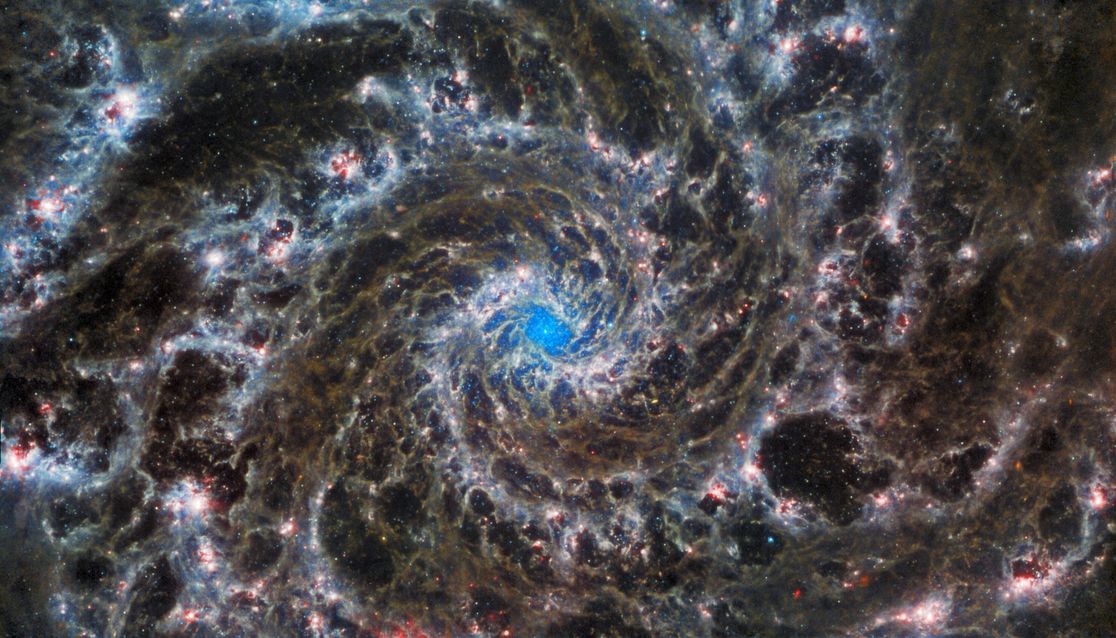| |
| |
| |
| Presented By Wells Fargo |
| |
| Axios AM |
| By Mike Allen · Aug 31, 2022 |
| 🏖️ Happy Wednesday. Enjoy the last day of August. Smart Brevity™ count: 1,487 words ... 5½ mins. Edited by Noah Bressner. 🚀 Situational awareness: NASA will try again Saturday afternoon to launch its new moon rocket, after engine trouble halted Monday's countdown. Go deeper. |
| |
| |
| 1 big thing: GOP's big scrub |
 |
|
| Illustration: Gabriella Turrisi/Axios |
| |
| Republican candidates around the country are trying to disappear hardline anti-abortion stances they took during their primaries, in an effort to put a more moderate foot forward for November. - Some GOP nominees are also softening their focus on 2020 voter-fraud conspiracies and other far-right or Trump-centered topics.
Why it matters: Candidates in both parties sand down their rhetoric for general-election audiences. But this year's GOP backtracking is next-level, Axios' Alexi McCammond and Andrew Solender found. 🖼️ The big picture: Democrats have been emboldened by big wins on a Kansas abortion referendum + a House special election last week in New York, where Rep.-elect Pat Ryan made abortion a centerpiece. - Republicans initially argued that abortion wouldn't significantly boost Democrats.
- But in battlegrounds races in Pennsylvania, Michigan, Colorado, Arizona and North Carolina, GOP nominees are scrubbing abortion language from their campaign websites and moderating their rhetoric on the trail.
🔎 Zoom in: Blake Masters, the GOP Senate nominee in Arizona, removed language that said, "I am 100% pro-life," NBC News found. - House candidates Tom Barrett of Michigan, Christian Castelli in North Carolina and Barbara Kirkmeyer in Colorado also removed language from their websites. (Kirkmeyer's campaign said it "recently completed a complete redesign of Barb's website. Instead of addressing many issues, we are focused on the ... issues in which voters express the most interest.")
- Minnesota's GOP nominee for governor, Scott Jensen, changed the copy on his website to water down his abortion message. He removed a line saying he "believes in the sanctity of human life, from conception to natural death."
- In Oregon, GOP gubernatorial candidate Christine Drazan scrubbed her website's issues page, which had previously touted pro-life bonafides. Her campaign says she has not "shied away from her views."
🔭 Zoom out: Abortion isn't the only issue Republicans are trying to send to the back burner between now and November. - Pennsylvania's GOP gubernatorial nominee, Doug Mastriano, deleted 14 videos from his Facebook page in which he touted far-right positions, including referring to climate change as "pop science."
Share this story. |
    |
| |
| |
| 2. Nuclear power's moment |
 |
|
| Illustration: Megan Robinson/Axios |
| |
| Twin energy and climate crises are forcing governments around the world to take a fresh look at embracing nuclear power, Matt Phillips writes in Axios Markets. - Why it matters: Pressure on politicians to find reliable, low-carbon power supplies has them reconsidering the long-standing stigma surrounding nuclear plants.
What's happening: That means rethinking already-planned retirements of nuclear reactors. - In California, the legislature is considering a bill to extend the life of the state's last nuclear plant, Diablo Canyon, which is slated to be shut down by 2025.
- Germany, which was set to shutter its remaining nuclear plants by the end of the year, is debating whether to keep some open as it faces energy shortages due to plunging Russian natural gas imports.
- And in energy-poor Japan, the prime minister has called for the reopening of idled nuclear reactors — and a broader policy shift toward nuclear, for the first time since the 2011 Fukushima nuclear disaster.
📖 The backstory: The golden age of nuclear power plants was the 1970s, when surging prices for oil and coal — natural gas wasn't in wide use at the time — and strong economic growth set off a boom in construction. - By 1974, the U.S. Atomic Energy Commission forecast that nuclear power would produce half the country's energy by the end of the century. (It's been roughly 20% since 1990.)
- Instead, nuclear power plant construction plunged, as environmental and safety concerns grew — especially after the accident at Pennsylvania's Three Mile Island plant in 1979.
🔮 What's next: Though governments may extend existing nuclear plants, don't expect a surge in new construction. - There are worries about safety and nuclear waste disposal, and political headaches around selecting sites and building plants.
Also: They're incredibly expensive. |
    |
| |
| |
| 3. 🌴 Trump probe leans into obstruction |
| Recovered from a container in the "45 office." Photo: Justice Department via AP This photo taken at Mar-a-Lago — contained in a filing last night by the Justice Department, and redacted in part by the FBI — shows documents seized during the Aug. 8 search. The Justice Department said in the late-night filing that classified documents were "likely concealed and removed" from former President Trump's estate as part of an effort to obstruct the federal investigation into the discovery of the government records, AP reports. - 🥊 "[T]he FBI, in a matter of hours, recovered twice as many documents with classification markings as the 'diligent search' that the former President's counsel and other representatives had weeks to perform," the filing says.
💡 Between the lines: The filing shows investigators are focused not just on why the records were improperly stored, but also on the question of whether the Trump team intentionally misled them. |
    |
| |
| |
| A message from Wells Fargo |
| Expanded support for diverse students |
| |
 |
| |
| Wells Fargo has provided $107 million in scholarships and programming to help students at 25 HBCUs and minority-serving institutions realize their dreams of attending college. The goal: Wells Fargo is committed to creating equitable educational opportunities. Learn more about the impact. |
| |
| |
| 4. 🗳️ Dems' vote-shaming strategy |
| Image: Priorities USA ad, via Twitter A leading Democratic super PAC is looking to boost young voters' turnout in November through a public-pressure campaign emphasizing that it's a matter of public record whether or not you cast a ballot, Axios' Lachlan Markay writes. - A Priorities USA ad on social media (image above) says: "Who you vote for is secret. But whether you decide to cast a vote or not is public. So keep making your community proud this November — and vote."
- "This is Bob," says another ad, featuring an animated stick figure. "Bob liked posting that he voted in 2020 ... But we know he let his voter registration get out of date. Don't be like Bob."
Why it matters: Studies have shown "vote shaming" can be an effective way to increase participation. Priorities USA is trying to tap into the 8 million+ young people newly eligible to vote this year. Between the lines: Priorities prefers the term "social pressure." - The ads are part of a digital-centric strategy for the super PAC, which plans to spend about $30 million this cycle — with none going toward traditional TV advertising.
Ad disclosure data show the ads are targeting people in specific ZIP codes in Arizona, Michigan, Nevada, Pennsylvania and Wisconsin — all midterm battlegrounds. - The targeted ZIP codes include areas around big universities. A number of more rural ZIP codes are excluded.
Watch the 15-second ad ... Share this story. |
    |
| |
| |
| 5. 📊 New data: Historic drop in U.S. life expectancy |
 Data: National Center for Health Statistics. Chart: Erin Davis/Axios Visuals Life expectancy at birth in the United States declined nearly a year from 2020 to 2021, Axios' Tina Reed writes from CDC data out this morning. - Why it matters: COVID was the biggest driver, offset in part by decreases in deaths attributed to the flu and pneumonia. That's likely tied to COVID mitigation measures — masking and social distancing.
U.S. life expectancy at birth is at its lowest level — 76 years — since 1996. - CDC data released last week show life expectancy in the U.S. fell in all 50 states and D.C. from 2019 to 2020, and fell nationally by 1.8 years.
|
    |
| |
| |
| 6. ☭ Gorbachev lifted Iron Curtain |
After a summit in New York in 1988, President Reagan, Vice President George H.W. Bush and Mikhail Gorbachev pose with the World Trade Center in the background. Photo: Bettmann Archive via Getty Images Mikhail Gorbachev, who attempted bold reforms upon assuming leadership of the Soviet Union in 1985 and oversaw its dissolution in 1991, died yesterday at 91, Axios World author Dave Lawler writes. - Why he mattered: Gorbachev sought to modernize the economy and liberalize society through his trademark policies of perestroika and glasnost. He improved relations with the West and signed arms control agreements with the U.S. But it was under his tenure that the Eastern Bloc, and later the USSR itself, collapsed.
President Reagan talks with Mikhail Gorbachev during an arrival ceremony at the White House in 1987. Photo: Boris Yurchenko/AP Gorbachev was awarded the Nobel Peace Prize in 1990 — and is often seen as an admirable or even heroic figure in the West, in large part because he allowed the Soviet sphere to break apart peacefully. - Not so much in today's Russia, where Vladimir Putin views the USSR's collapse as a profound tragedy.
Share this story ... Biden statement ... Obit: Gorbachev, who redirected the course of the 20th century. |
    |
| |
| |
| 7. 🇯🇵 Rahm raps Russia |
 |
|
| Via Twitter |
| |
| As U.S. ambassador to Japan, Rahm Emanuel's day job is to promote trade and harmony between the two countries. But given an opening, the famously combative former Chicago mayor and White House chief of staff is taking on China and Russia, Axios' Hans Nichols writes. - In the past few days, he has mixed it up with both Beijing and Moscow. After a Russian foreign ministry spokeswoman hit back at Emanuel for his criticism of China, the American envoy didn't let diplomatic niceties get in the way.
Share this story. |
    |
| |
| |
| 8. 📷 Parting shot: Phantom galaxy |
| Photo: NASA/ESA/CSA James Webb Space Telescope via Reuters The James Webb Space Telescope has yielded this spectacular new image of M74 — a.k.a. the Phantom Galaxy — which is around 32 million light-years from Earth, in the constellation Pisces. - Why it matters: "Webb's sharp vision has revealed delicate filaments of gas and dust in the grandiose spiral arms which wind outwards from the center of this image," NASA and the European Space Agency said.
Go deeper. |
    |
| |
| |
| A message from Wells Fargo |
| Supporting small business recovery |
| |
 |
| |
| Wells Fargo's roughly $420 million Open for Business Fund has provided over 200 CDFIs and nonprofits with resources to help a projected 152,000 small business owners. Why it's important: These grants also help small businesses access capital and preserve an estimated 255,000 jobs. Learn more. |
| |
| 📬 Invite your friends to sign up to get their daily essentials — Axios AM, PM and Finish Line. |
 | | Are you a fan of this email format? It's called Smart Brevity®. Over 300 orgs use it — in a tool called Axios HQ — to drive productivity with clearer workplace communications. | | |














No comments:
Post a Comment